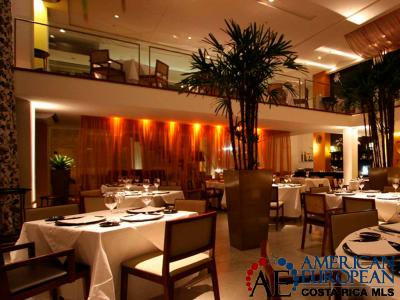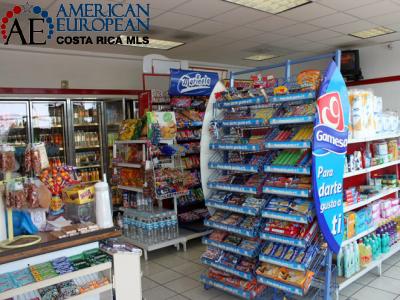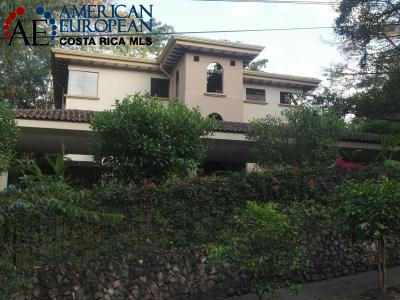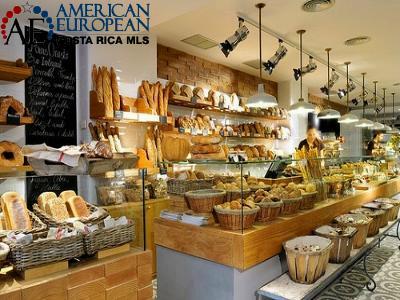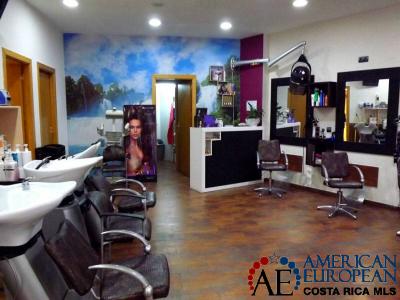 Many businesses and investment property in Costa Rica have a double accounting system. One is for the tax authorities and another for the business owner. Naturally, there is a significant difference between the official records and the reality.
Many businesses and investment property in Costa Rica have a double accounting system. One is for the tax authorities and another for the business owner. Naturally, there is a significant difference between the official records and the reality.
Investors who find an interesting investment property online, first send an email to the listing agent. That first email always includes the question “could you share the annual income, cash flow, and balance sheet”?
Sellers use the investment property or business financials on real income to set the sales price of the property. The financials presented to the tax authorities are different. They either show a loss or only a small profit.
It speaks for itself that a seller will not send these financials by email when requested. Any smart investor would like to see a nice revenue stream and good financial results. So what should this investor do?
A personal visit
A personal visit to an investment property in Costa Rica is imperative. Only after a personal visit will a property owner or business owner show the books. Then, during the visit, the realtor or seller can explain the reasons and functioning of the double accounting system.
Tax authorities
You will find this type of accounting on an investment property in Costa Rica in many 2nd and 3rd world countries. Tax authorities in 1st world countries are much better organized. They will throw you in jail if they find out about double accounting. In Costa Rica, fines are huge and you could even do jail time. Nonetheless, chances are that you won’t.
In this article, you have all the different taxes together in one place.
CASH business
You will find double accounting mostly in cash businesses in Costa Rica. Also, you will see this type of behavior in many small and family type businesses. For example, in small stores, boutiques, small hotels and B & B’s and small tourist-oriented entrepreneurs.
Rental apartment investment property in Costa Rica and vacation rentals are also typical investments where income is hidden from the tax authorities. Where there are credit card statements, it is much more difficult to hide income.
Why?
Business owners have two reasons for running the risk of getting caught by the tax authorities:
1. It’s a good way of saving yourself from paying a lot of taxes and not getting much back for it, depending on the location of the business. Locations with very little public infrastructure pay the same as those that have much more infrastructure.
2. The business does not have enough cash flow to pay those taxes and still be profitable.
While there are quite a few tax, healthcare, and insurance costs involved, they could be suicidal for a small business to pay. Therefore, businesses and investment properties that are located in remote areas, tend more to have a double accounting.
Sales tax
Most products and services in Costa Rica carry a 13% sales tax. Both customers and business owner save money by paying “under the table” and un-official billing. Hotels and B & B’s have to charge clients another 3% ICT tax for the room cost on top of that, which is a total of 16,39%.
Corporate income tax
Corporate income in Costa Rica is taxed at a 30% rate. However, the law allows for a special 10% regulation for small companies whose gross income up to 52,634,000 colones. Many expenses that are operating costs in another country are not deductible here.
CAJA
The public health care system is administered by the Caja Costarricense de Seguro Social (CCSS) known as the “CAJA”. The law obliges every worker in Costa Rica to be covered by the public healthcare system.
The CAJA covers pregnancy, illness, accidents not related to work for the employee and his or her dependents.
The employer has to pay 25 percent of the total salary. Also, the employee pays an additional 9 percent. The public healthcare system’s service is terrible. Therefore, both employer and employee try to show a lower income.
INS Riesgo de Trabajo
In addition, payment of workman’s’ insurance or Riesgo de Trabajo is mandatory for every employee. This is paid to the National Insurance Company (INS) and covers any accidents or illnesses relating to work. The cost of this insurance is covered by the employer. And the cost is 3,42% (if paid annually) over the employee’s salary.
How to investigate
There are a few steps to easily investigate and do your homework.
1. Buyers can make a list of investment property in Costa Rica that they would like to be shown.
2. Have a good look at each property, the potential and options for growing the business.
3. Buyers can request each property owner to have the double accounting handy when arriving if interested in making an offer.
4. Hire a local accountant to have a look at both books. See if the business can survive and still have an interesting ROI when having to pay all mandatory dues.
5. Also, hire a lawyer to give you his/her recommendations.
Can we assist?
Finally, we are able to assist in your search for an interesting investment property in Costa Rica. All our affiliate agents have been in the real estate business for many years and can answer any questions about the double accounting system. Contact us now for professional guidance.
Feel free to leave your comments on this blog. If you like this article, please feel free to share it on your social media.
If you like this blog, connect with me on Google+ or subscribe to our newsletter by clicking the banner below.
While we’re at it, I DO want to remind our readers that we appreciate any referrals you can send us. Finally, please remember the American-European real estate Group’s agents when you refer a real estate agent. Because we DO appreciate your business.



